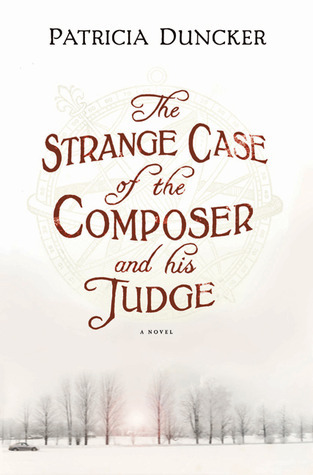What do you think?
Rate this book


262 pages, Paperback
First published January 1, 2010
She sought the Truth, and nothing but the Truth. Yet the Truth is not, and cannot be, the instrument of freedom for every one of us; and to know the Truth may well imprison gentle souls in wretchedness for ever.